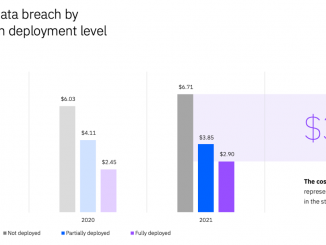
USN-5479-3: PHP regression
USN-5479-3: PHP regression USN-5479-1 fixed vulnerabilities in PHP. Unfortunately that update for CVE-2022-31625 was incomplete for Ubuntu 18.04 LTS. This update fixes the problem. We apologize for the inconvenience. Original advisory details: Charles Fol discovered that PHP incorrectly handled initializing certain arrays when handling the pg_query_params function. A remote attacker could use this issue to cause PHP to crash, resulting in a denial of service, or possibly execute arbitrary code. (CVE-2022-31625) Charles Fol discovered that PHP incorrectly handled passwords in mysqlnd. A remote attacker could use this issue to cause PHP to crash, resulting in a denial of service, or possibly execute arbitrary code. (CVE-2022-31626) Source: USN-5479-3: PHP regression

